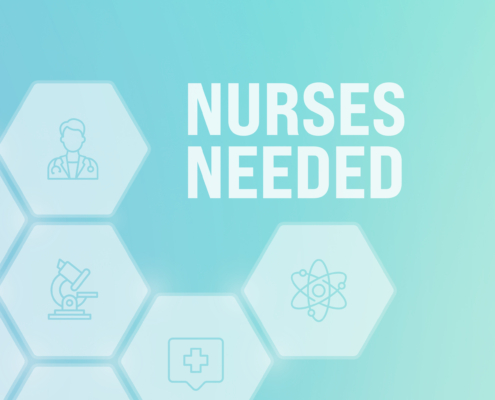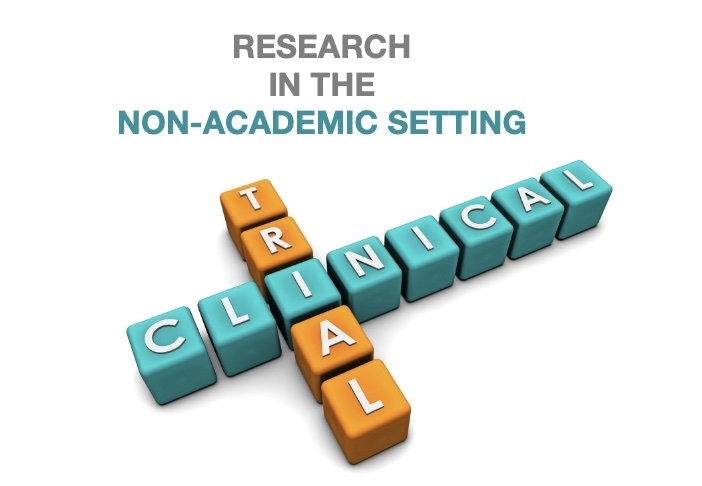Latest News
Subscribe to our newsletter and follow us on Twitter, Facebook” and LinkedIn to get useful information on managing your program and stroke care in general. Through our eBooks, consultative sessions and weekly postings, we hope to create a community of stroke leaders who help each other stay current!






